In today’s hyper-connected world, social media isn’t just a tool—it’s a powerful force shaping our thoughts. It influences opinions and even political beliefs. We scroll through our feeds and double-tap on posts. We share our thoughts while algorithms work silently in the background. These algorithms curate the content we see daily. But what if these algorithms are doing more than just showing us what we like? What if they’re subtly steering our political opinions and deepening the divides that seem to be tearing society apart?
In this post, we’ll explore the hidden influence of social media algorithms on our political beliefs. We’ll explore how platforms like Facebook, Twitter, and TikTok curate content reinforcing our existing views. This content creates echo chambers that fuel political polarization. We’ll also provide practical tips on breaking free from these algorithm-driven bubbles. Finally, we encourage you to engage in more meaningful political discourse.
How Social Media Algorithms Work: The Basics
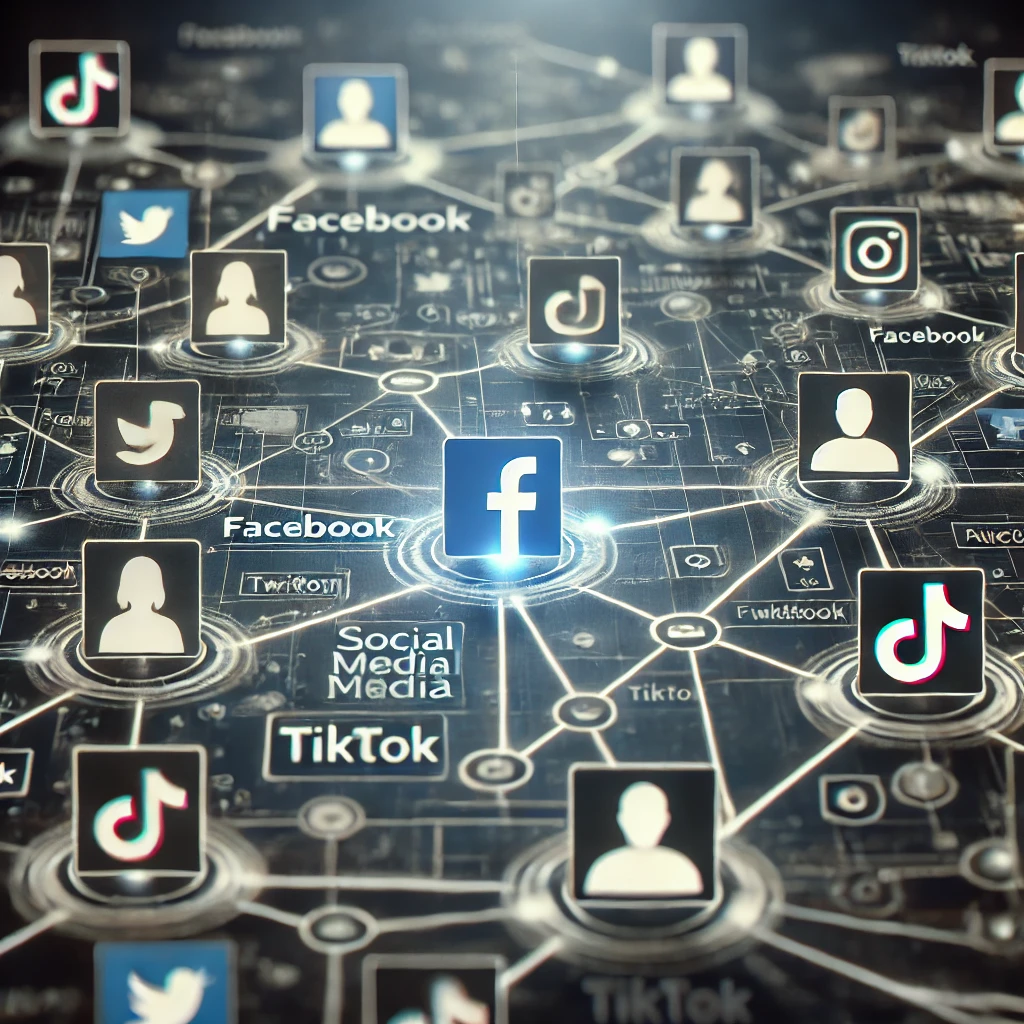
Before we dive into the nitty-gritty of how algorithms are shaping our political opinions, let’s get a quick refresher on what these algorithms actually do. Social media algorithms are essentially sets of rules that platforms use to decide what content to show you. They aim to keep you engaged by prioritizing content that will likely make you scroll, like, and share.
The Key Components of Social Media Algorithms:
- Engagement: Algorithms prioritize content that generates a lot of likes, comments, shares, and views. If a post gains popularity, the algorithm is more likely to push it to the top of your feed.
- Relevance: The algorithms try to show you content that they think is most relevant to you, based on your past behavior—what you’ve liked, shared, or interacted with.
- Timeliness: Content that’s more recent is usually given priority, ensuring that your feed is up-to-date with the latest posts.
Now, while these algorithms might seem harmless, their impact on our political views can be profound. The more we engage with content that aligns with our beliefs, the more the algorithms show us similar content. This creates a feedback loop that can reinforce our views and make it harder for us to see other perspectives.
The Echo Chamber Effect: Reinforcing Existing Beliefs
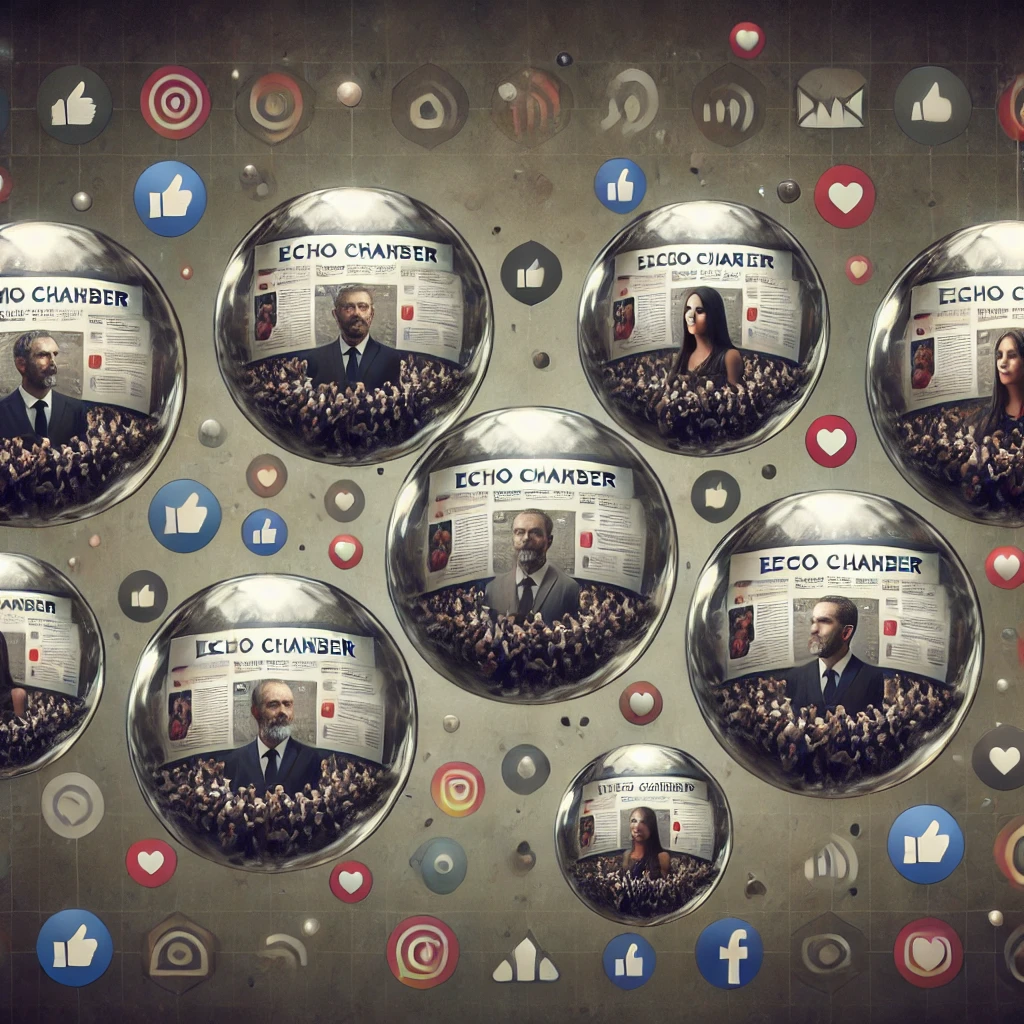
One of the most significant ways social media algorithms influence our political opinions is by creating echo chambers. An echo chamber is an environment where a person encounters only information or opinions that reinforce their own beliefs. When you get stuck in an echo chamber, you may feel like everyone around you shares your views. This makes it difficult to see or understand opposing perspectives.
How Algorithms Create Echo Chambers:
- Personalized Content: Social media platforms use algorithms to personalize your feed based on what you’ve interacted with before. If you frequently engage with content aligning with a particular political view, the algorithm shows you more of that content.
- Filter Bubbles: This personalization creates “filter bubbles,” where content is filtered to match your existing beliefs. You’re less likely to be exposed to content that challenges your views.
- Confirmation Bias: We all have a natural tendency to seek out information that confirms our existing beliefs. Algorithms play into this by showing us content we’re more likely to agree with. This makes us more likely to engage with it.
The result? We end up in a bubble where our views are constantly reinforced, and opposing views are either absent or dismissed. This can lead to increased political polarization, where different groups become more entrenched in their beliefs. They become less willing to compromise or understand other perspectives.
Political Polarization: A Growing Divide
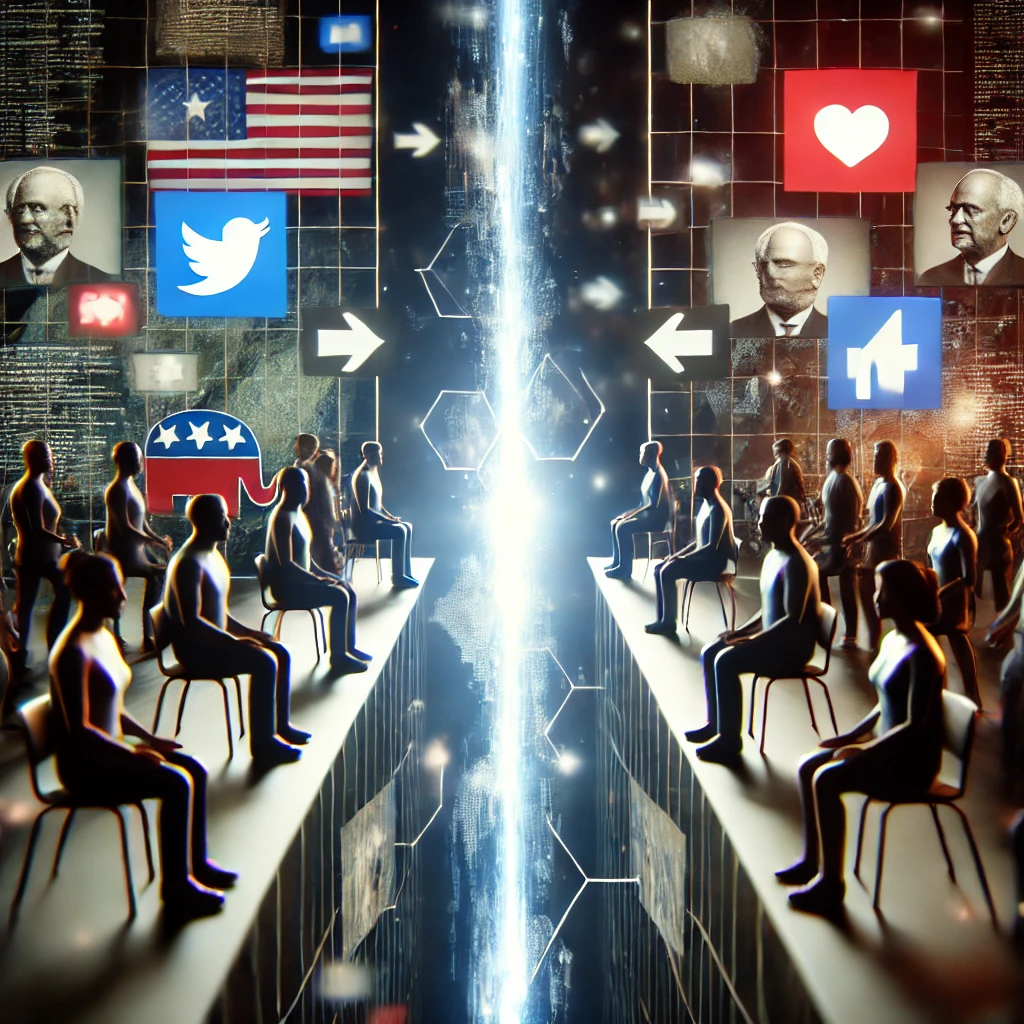
Political polarization is the process by which the public opinion divides and goes to the extremes. It’s no secret that polarization has been rising in recent years. Social media has played a significant role in this trend. By creating echo chambers, social media platforms deepen divides between different political groups. This makes it harder for people to find common ground.
The Role of Social Media in Political Polarization:
- Amplification of Extreme Views: Social media algorithms are designed to maximize engagement. One way they do this is by promoting content that provokes strong emotional reactions. Unfortunately, this often means that extreme or sensationalized views get more visibility, which can contribute to polarization.
- Dehumanization of the “Other Side”: When you’re constantly exposed to content that paints the opposing political group in a negative light, it’s easy to start seeing them as “the enemy.” This dehumanization can make political compromise and dialogue much more difficult.
- Tribalism: Social media encourages us to form online communities based on shared interests and beliefs. While this can be a positive thing, it can also lead to tribalism, where loyalty to the group becomes more important than the search for truth or understanding.
Political polarization isn’t just a problem for social media—it’s a problem for society as a whole. When people are divided into increasingly hostile camps, it becomes harder to have productive political conversations, and the chances of finding common ground diminish.
The Silent Manipulation: How Algorithms Control Political Views

While it might seem like we’re in control of what we see on social media, the reality is that algorithms are doing a lot of the heavy lifting behind the scenes. These algorithms don’t just influence what content we see—they also influence how we think and feel about that content.
Ways Algorithms Shape Political Views:
- Framing the Narrative: By controlling which stories and perspectives get the most visibility, algorithms can shape the political narrative. For example, during an election, an algorithm might prioritize stories about a particular candidate, subtly influencing public opinion.
- Reinforcing Stereotypes: If you frequently engage with content that portrays a particular political group in a negative light, the algorithm will show you more of that content. Over time, this can reinforce negative stereotypes and deepen divisions.
- Manipulating Emotions: Algorithms are designed to keep you engaged, and one of the most effective ways to do that is by provoking strong emotions. Whether it’s outrage, fear, or joy, the content that triggers these emotions is more likely to be shown to you, which can influence your political views.
This manipulation isn’t necessarily intentional—it’s a byproduct of algorithms designed to maximize engagement. But the result is the same: our political views can be subtly shaped by the content we see on social media, often without us even realizing it.
Breaking Free: How to Avoid Algorithm-Driven Political Bubbles
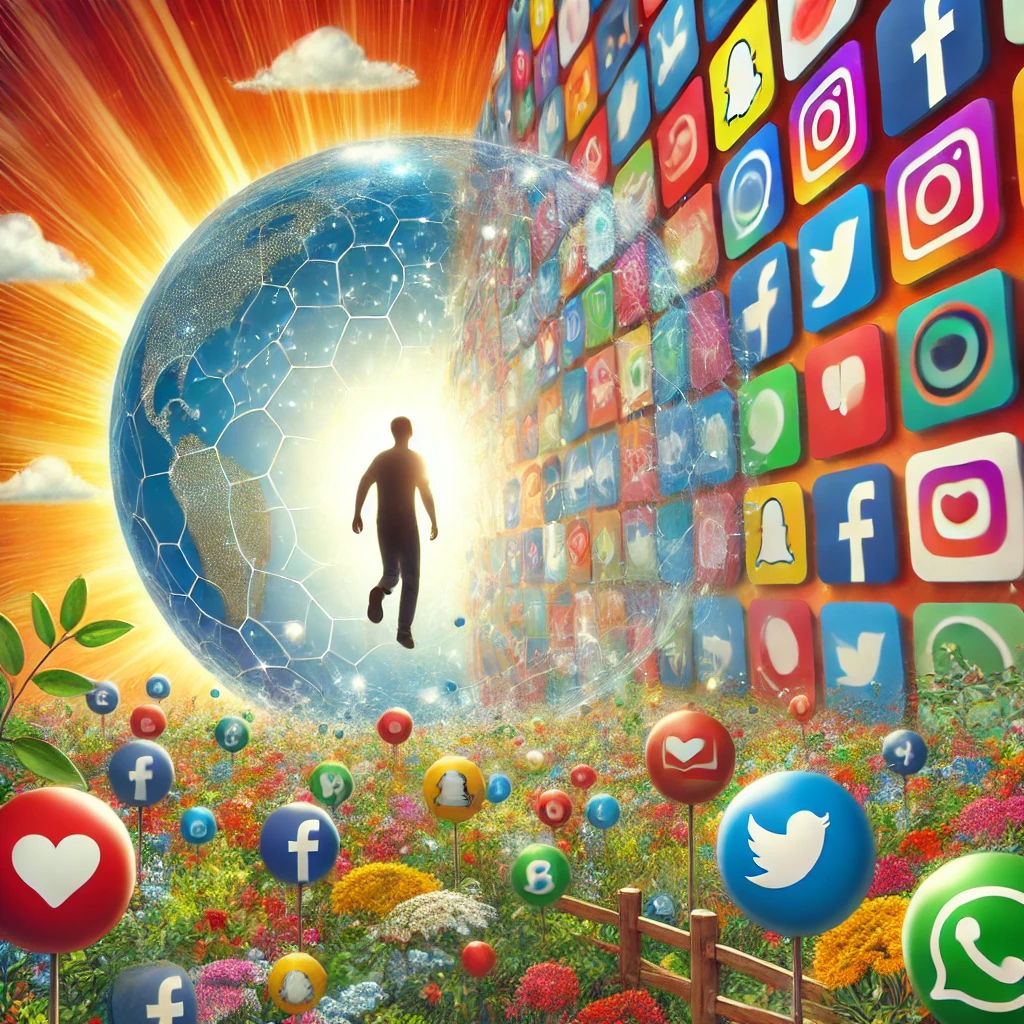
The good news is that while algorithms are powerful, they’re not all-powerful. There are steps you can take to break free from algorithm-driven political bubbles and ensure that you’re getting a more balanced view of the world.
Tips to Counteract Algorithmic Bias:
- Diversify Your Feed: Make a conscious effort to follow people and pages that represent a wide range of political views. This can help expose you to different perspectives and reduce the impact of echo chambers.
- Engage Critically: Don’t just passively consume content—engage with it critically. Ask yourself why you’re seeing a particular post, and consider the source and potential biases before forming an opinion.
- Use Alternative Platforms: Consider using social media platforms that don’t rely as heavily on algorithms, or that prioritize chronological feeds over curated content. This can help reduce the influence of algorithm-driven bubbles.
- Seek Out Reliable News Sources: Make an effort to get your news from a variety of reliable sources, rather than relying solely on social media. This can help you get a more balanced view of the world and reduce the impact of algorithmic bias.
- Take Regular Breaks: Social media can be overwhelming, and taking regular breaks can help you regain perspective. Use this time to engage with the world outside of the digital realm and connect with people face-to-face.
By taking these steps, you can reduce the influence of social media algorithms on your political views and ensure that you’re seeing a more balanced and diverse range of perspectives.
The Bigger Picture: Why This Matters
Understanding the influence of social media algorithms on our political views isn’t just about being aware of how our opinions are shaped—it’s about taking back control. When we’re aware of how algorithms work, we can make more informed decisions about how we engage with content online.
The Importance of Awareness:
- Empowerment: Knowledge is power. By understanding how algorithms influence our views, we can take steps to mitigate their impact and make more informed decisions.
- Encouraging Dialogue: When we step outside of our echo chambers, we open ourselves up to more meaningful political dialogue. This can lead to greater understanding and, ultimately, a healthier democracy.
- Building a Better Future: Social media isn’t going away, but by being aware of its influence, we can work towards a future where it’s used to bring people together rather than drive them apart.
In a world where social media plays an increasingly important role in our lives, understanding the unseen power of algorithms is crucial. By being aware of how these algorithms shape our political views, we can take steps to ensure that we’re not just passive consumers of content, but active participants in the democratic process.
Final Thoughts
Social media algorithms are powerful tools that can shape our political views in ways we might not even realize. From creating echo chambers that reinforce our existing beliefs to amplifying extreme views that fuel political polarization, these algorithms have a profound impact on our society. But by taking steps to diversify our feeds, engage critically with content, and seek out reliable news sources, we can break free from algorithm-driven political bubbles and contribute to a more informed and balanced political discourse.
Let’s reclaim what is rightfully our’s in this digital noise we live in. Join us in this exploration of how deep the rabbit hole actually goes.
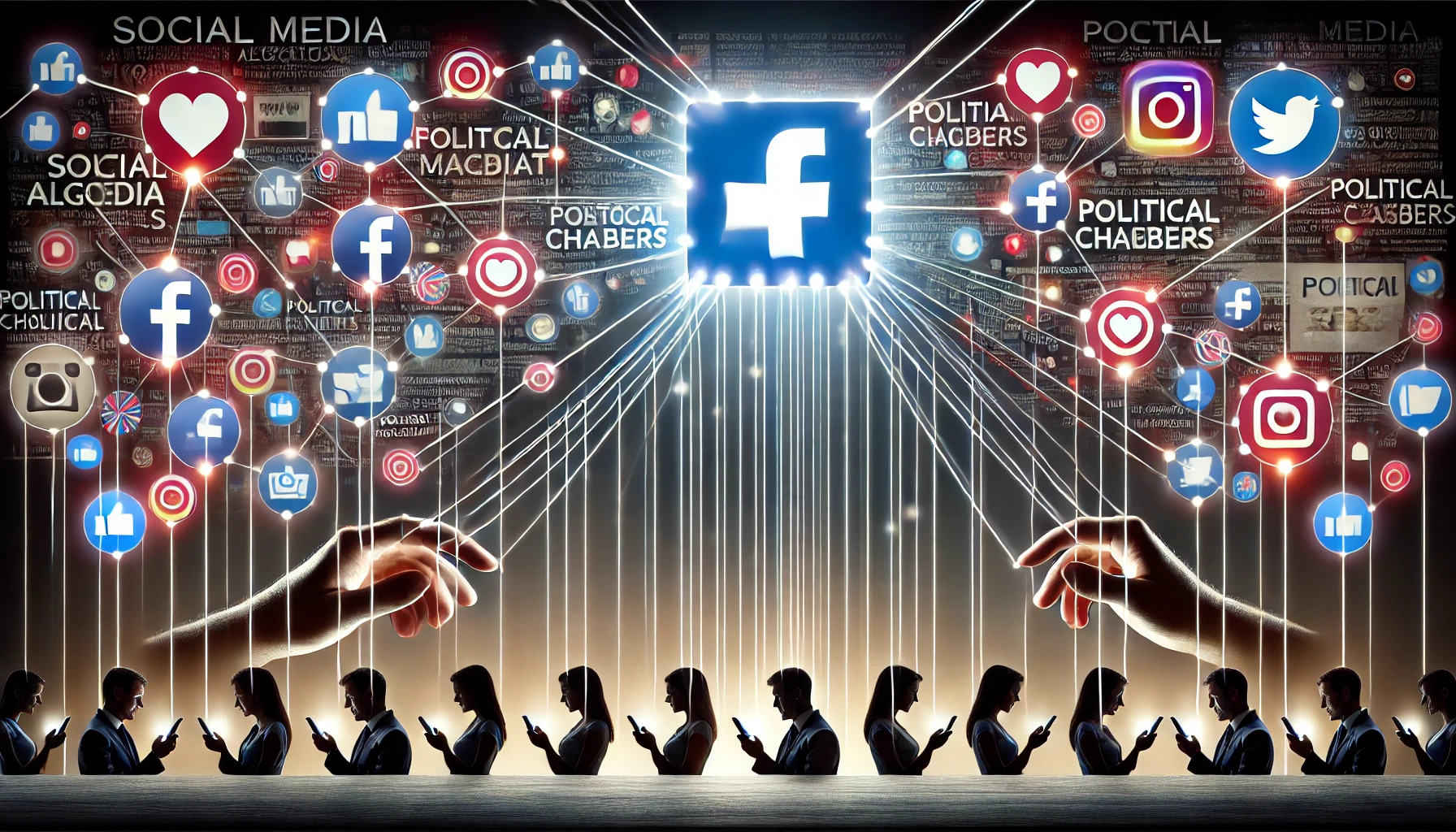
No responses yet